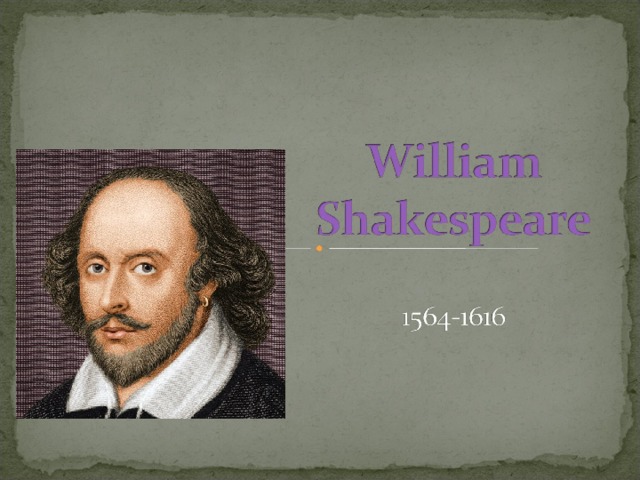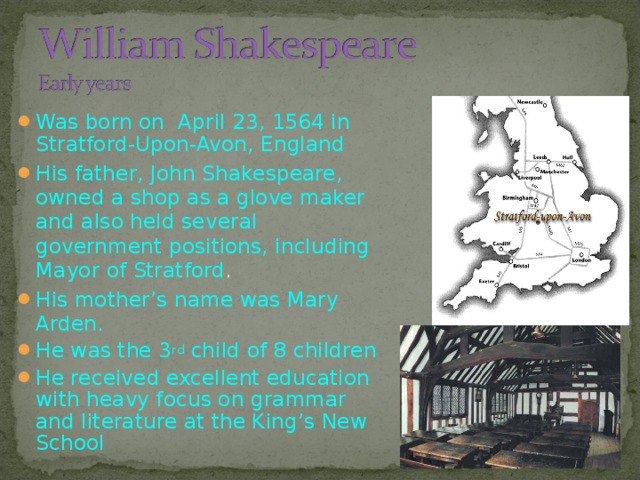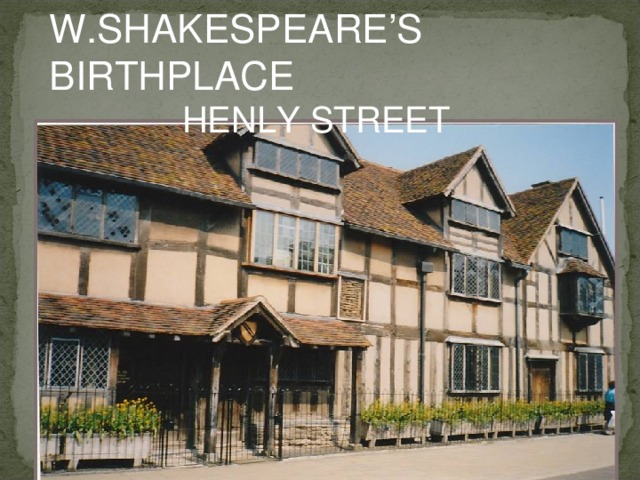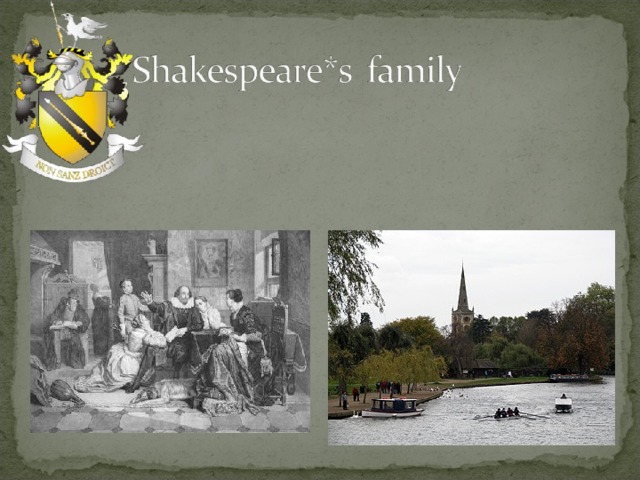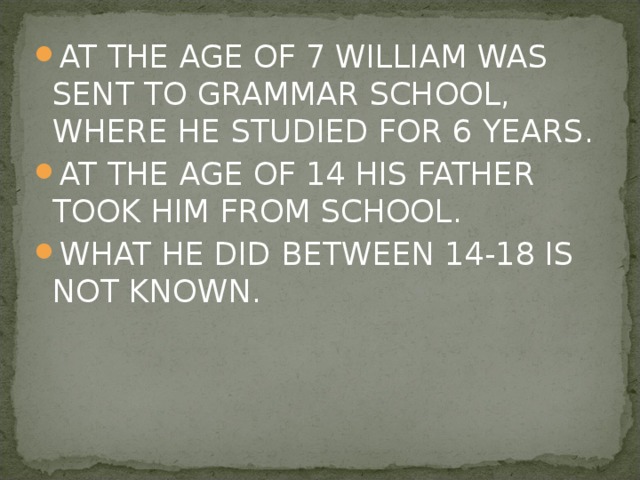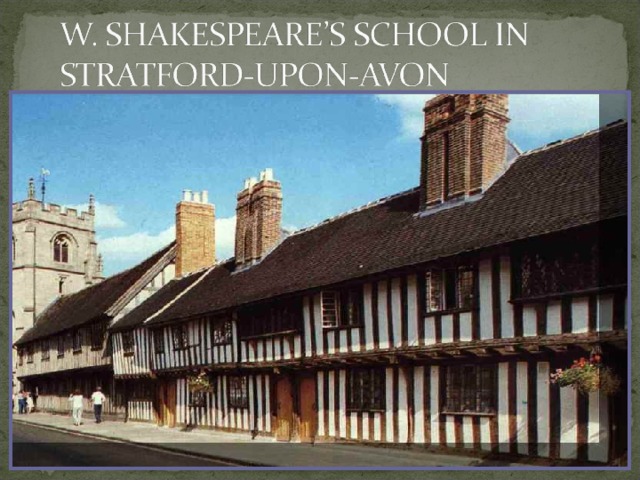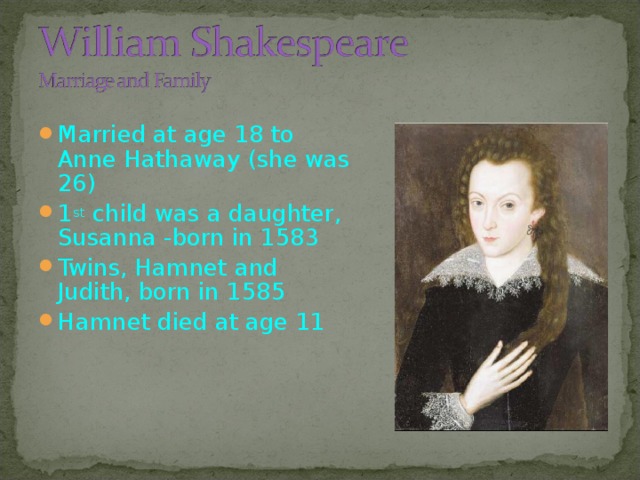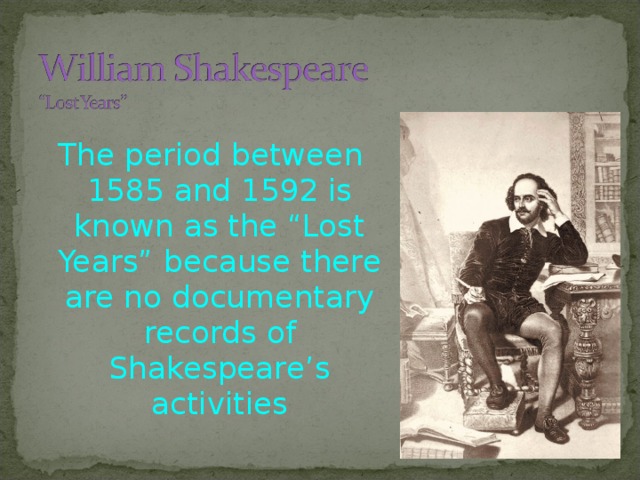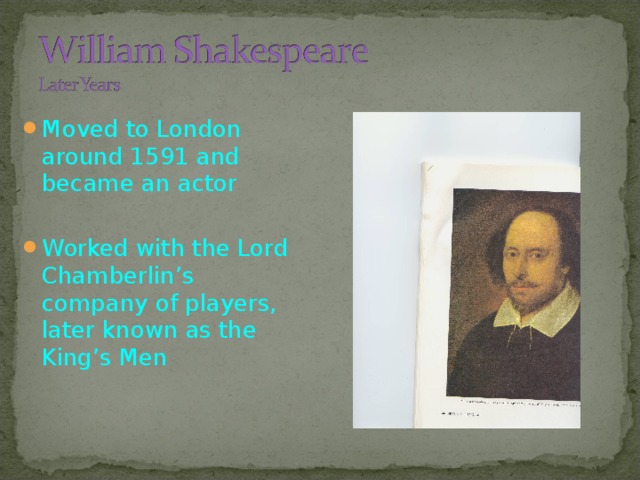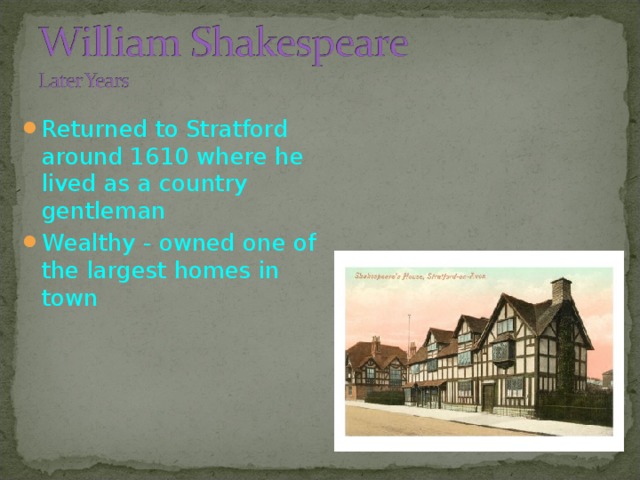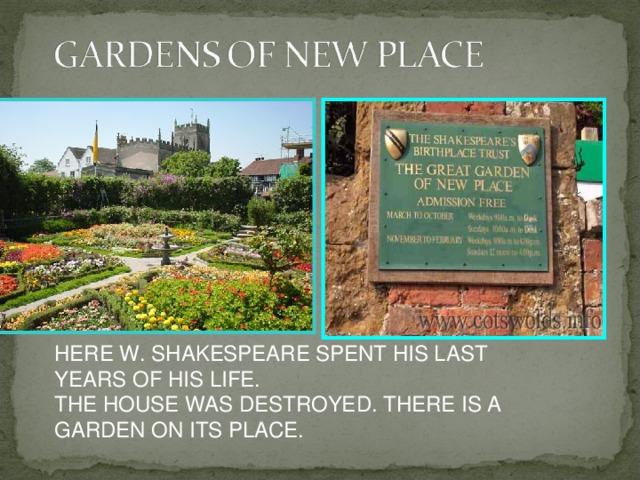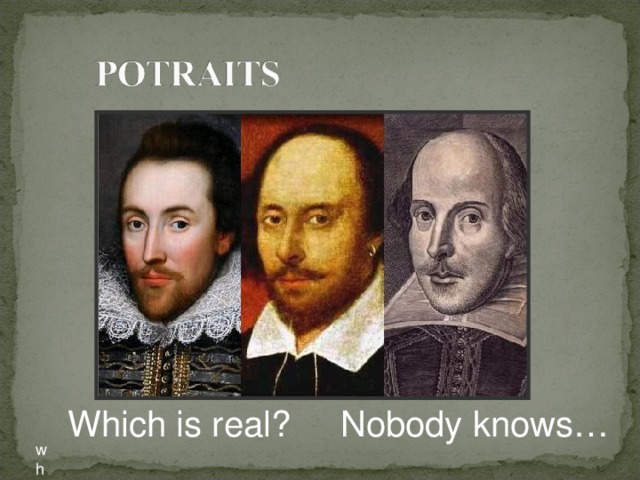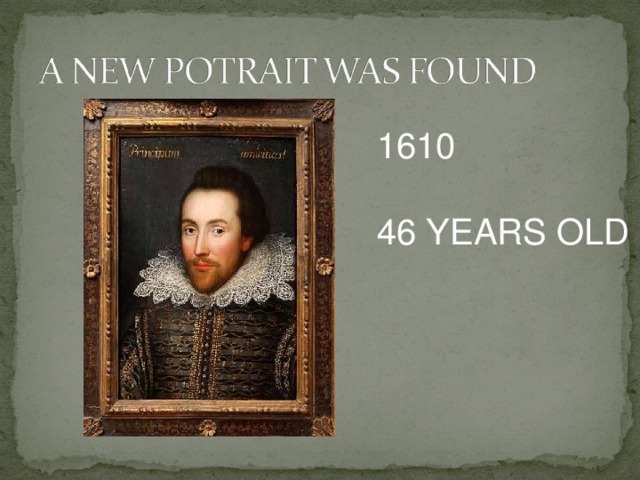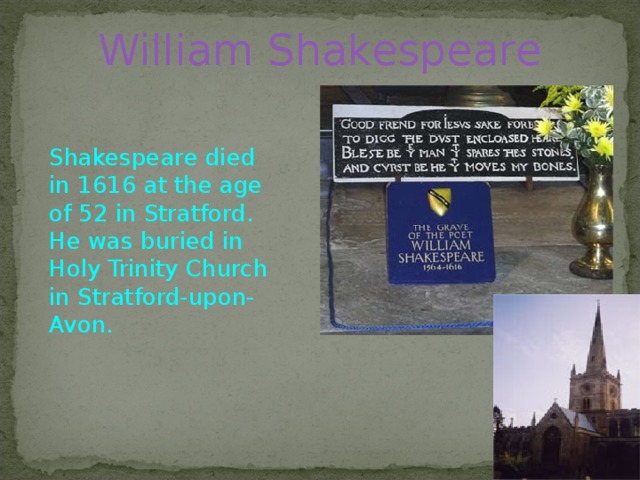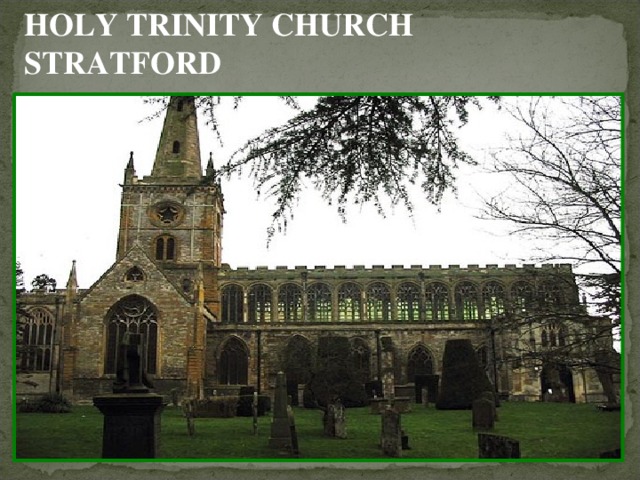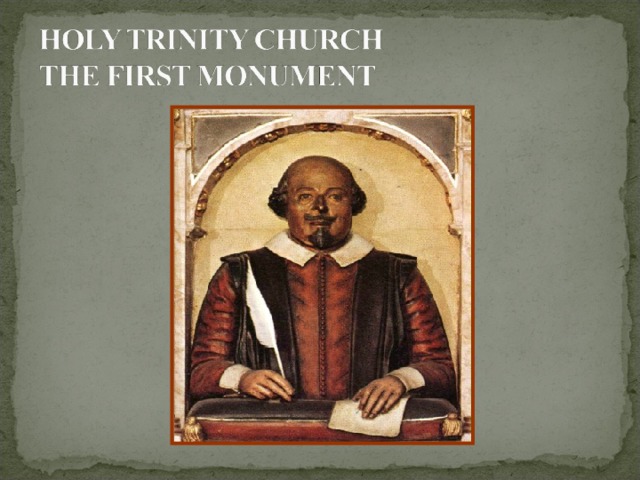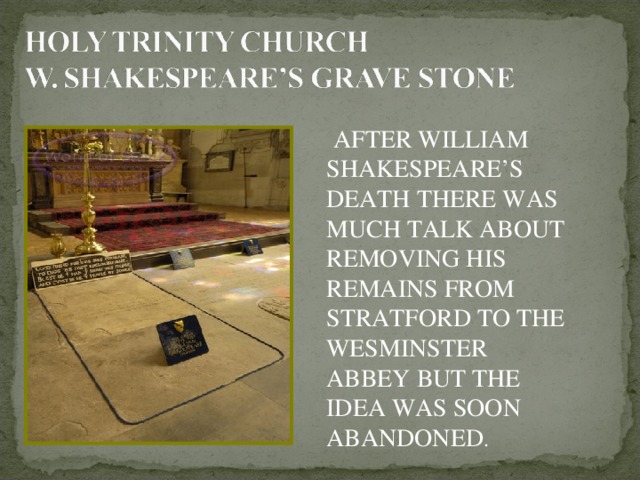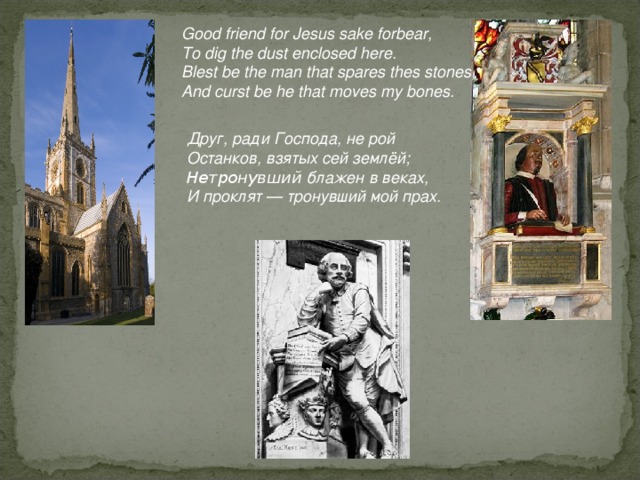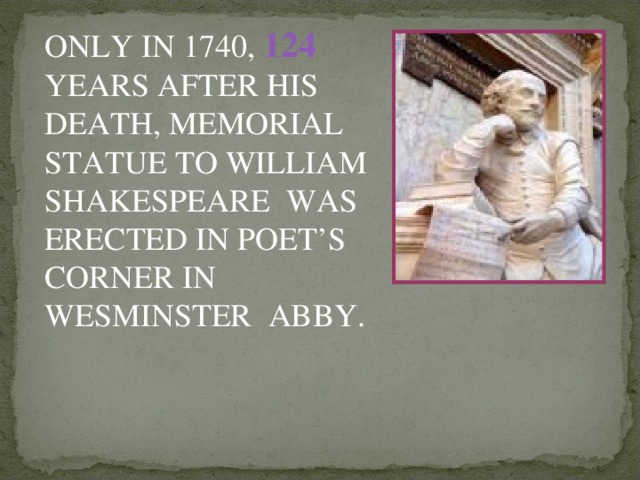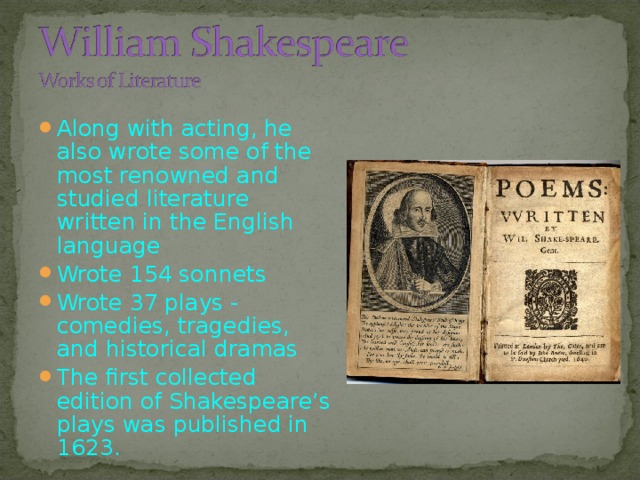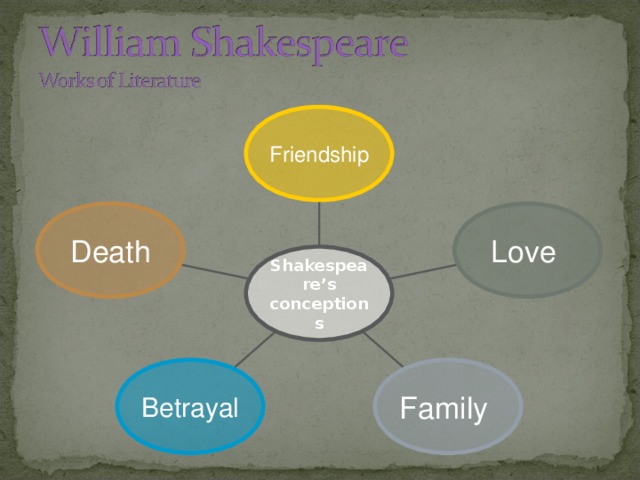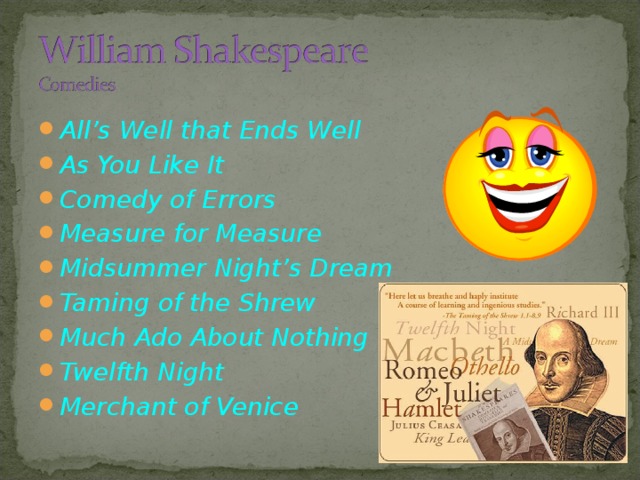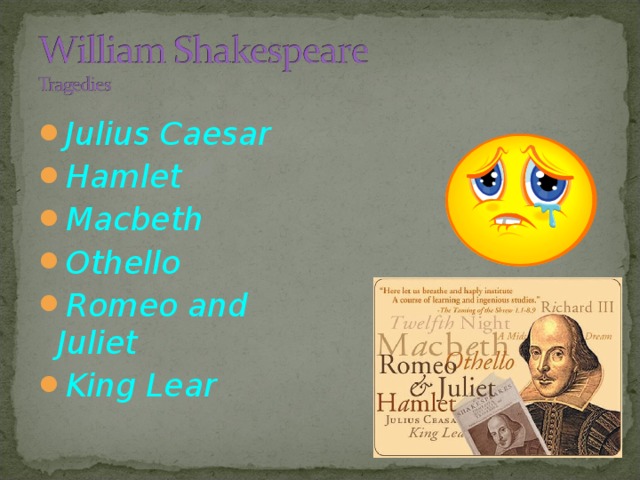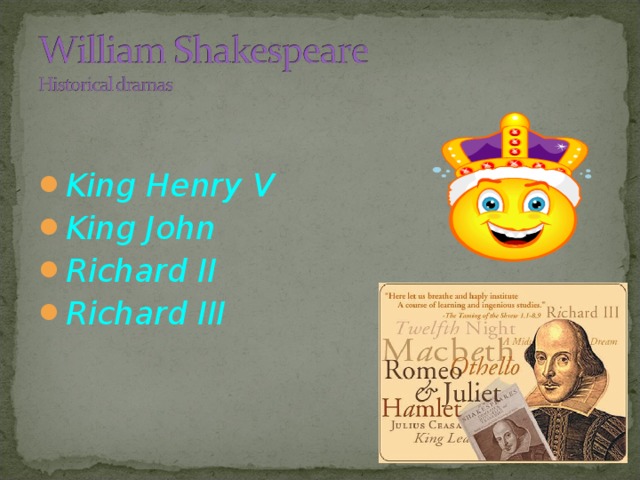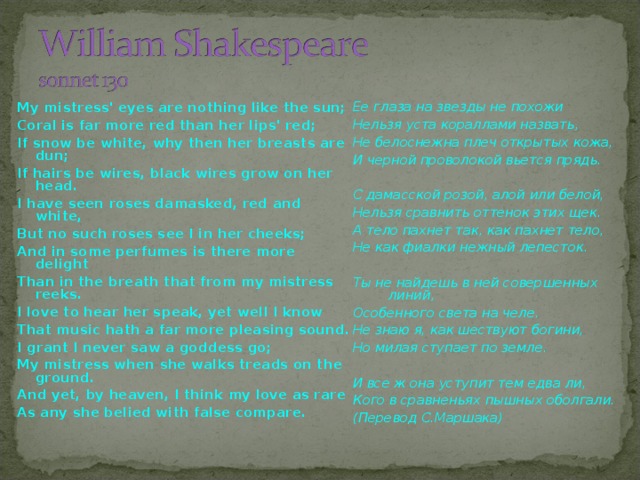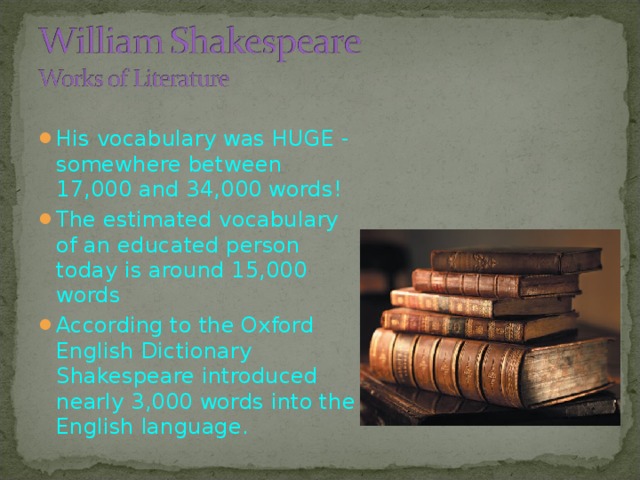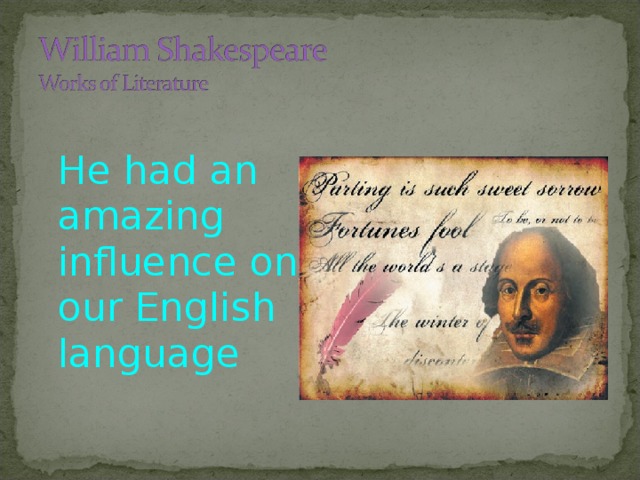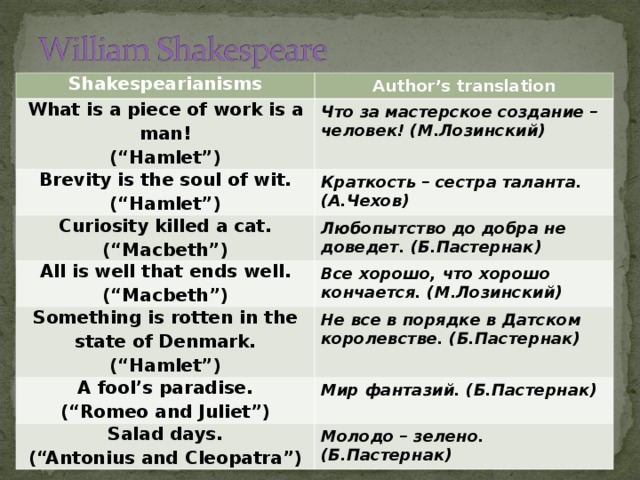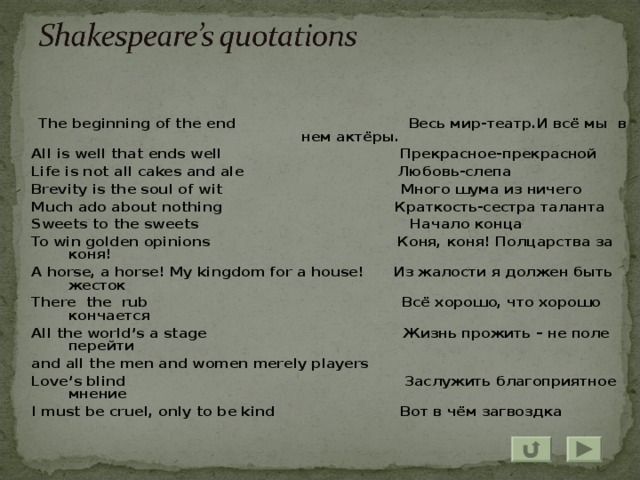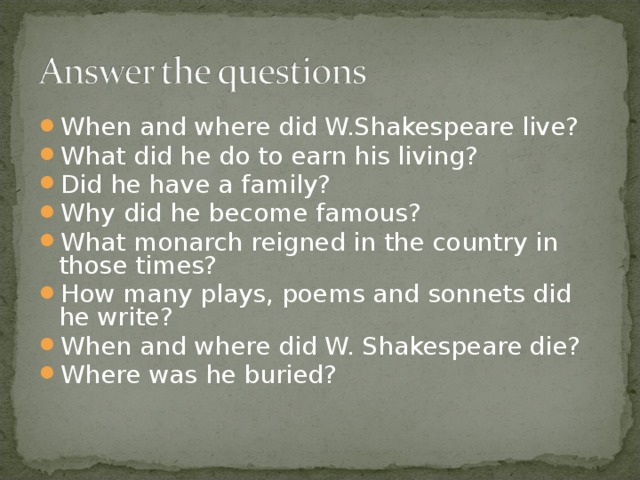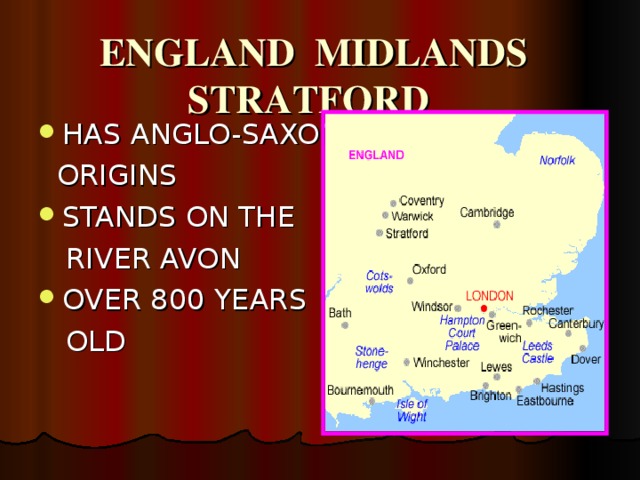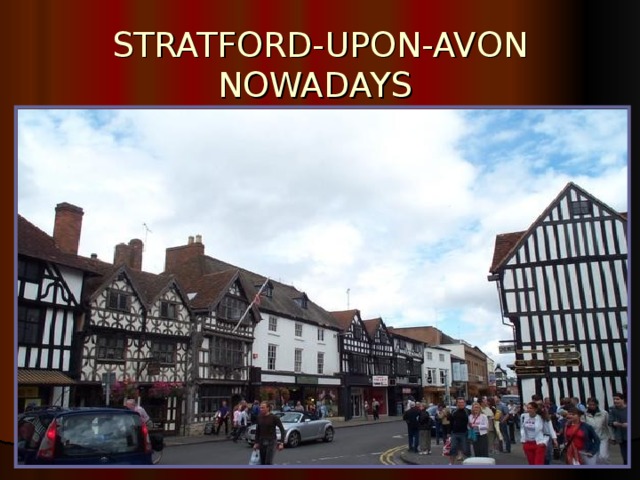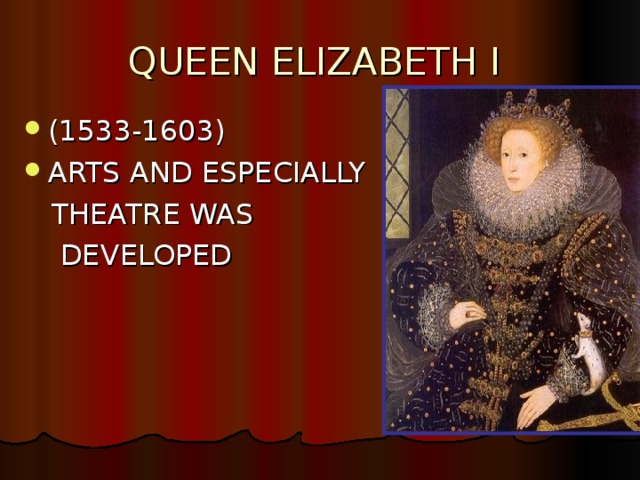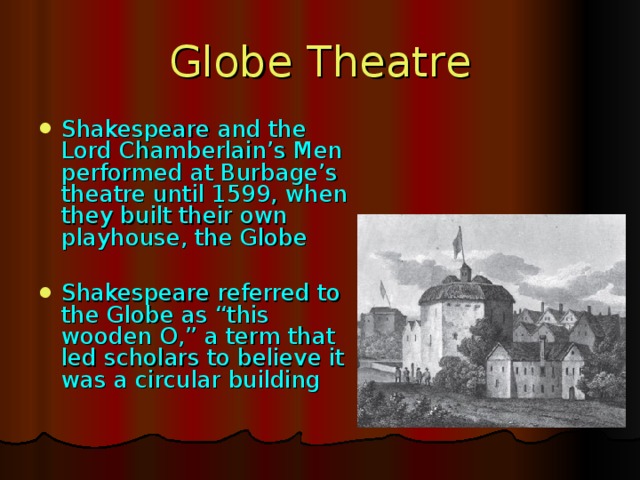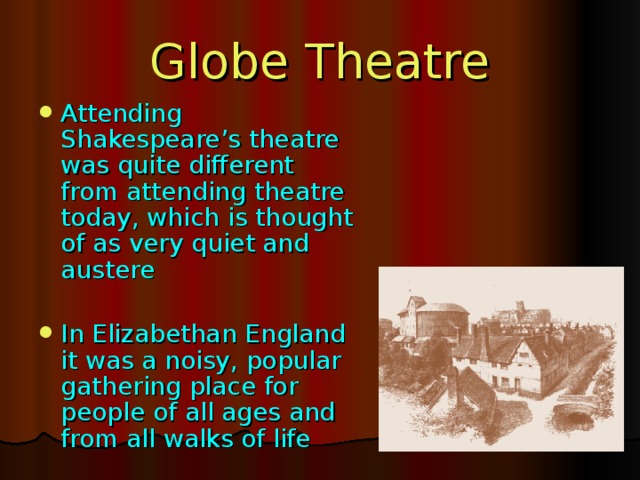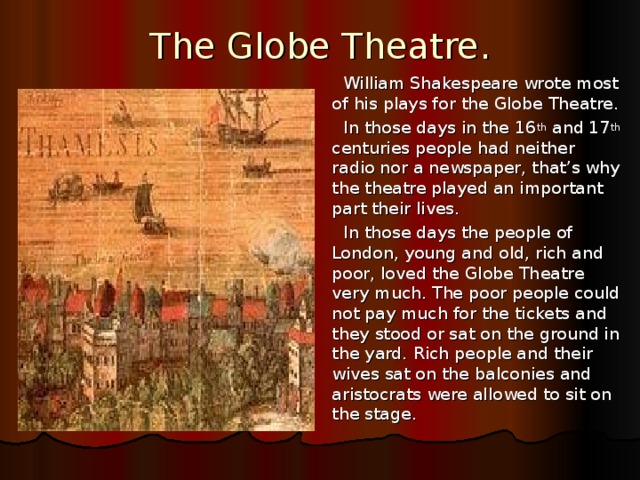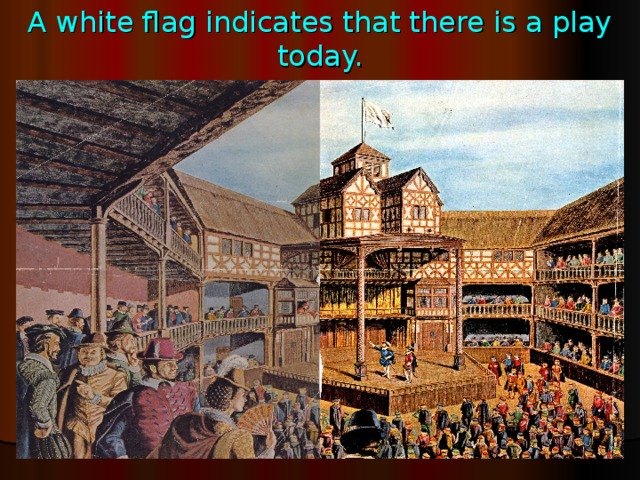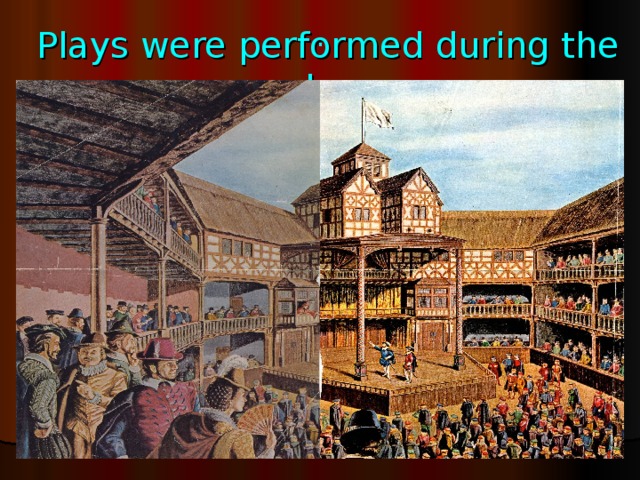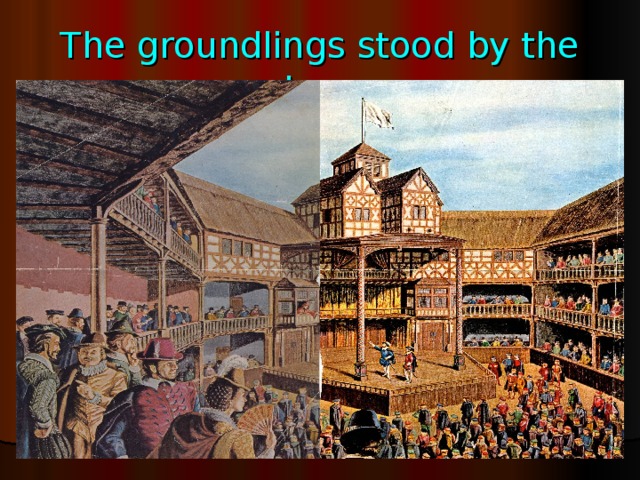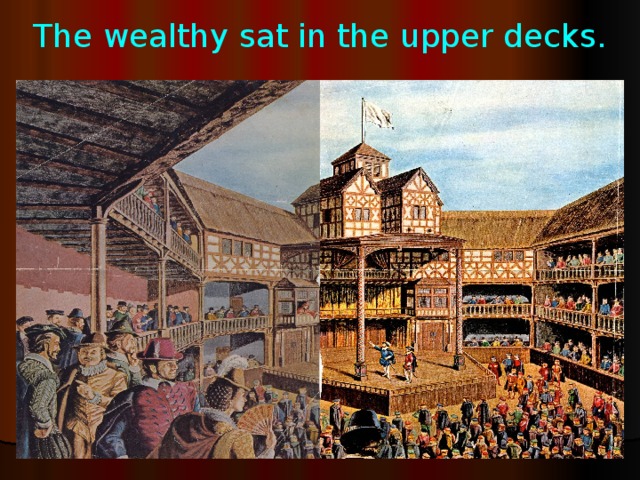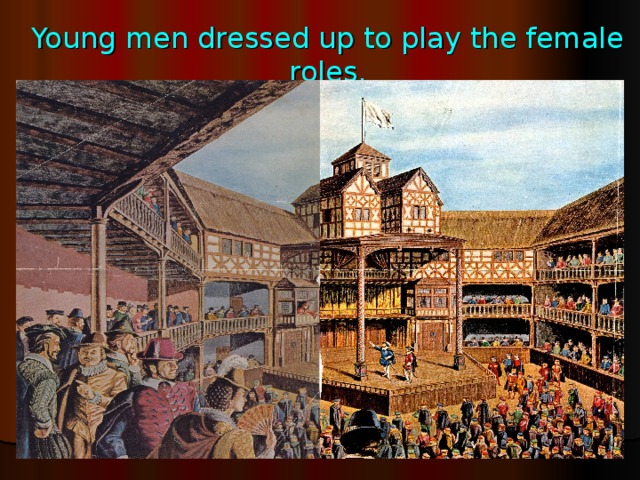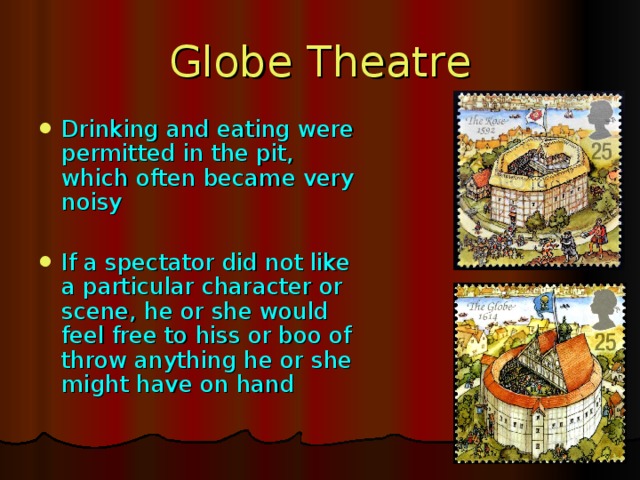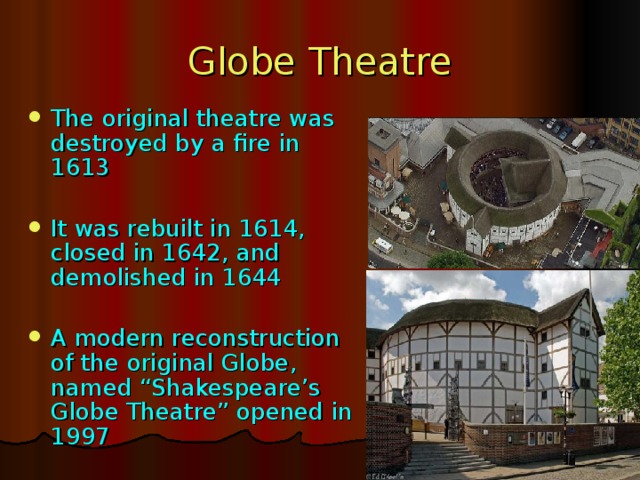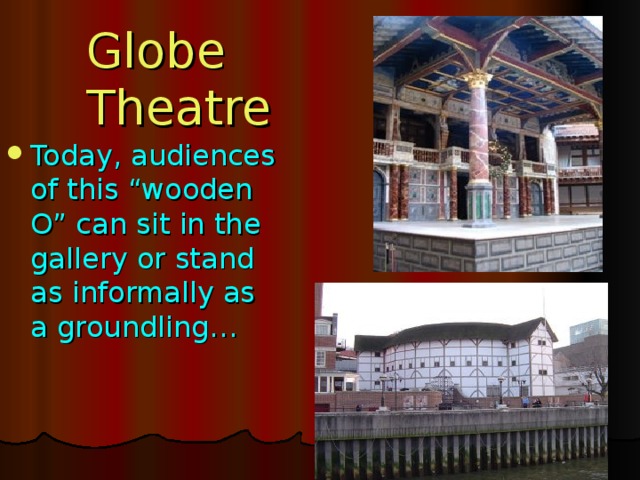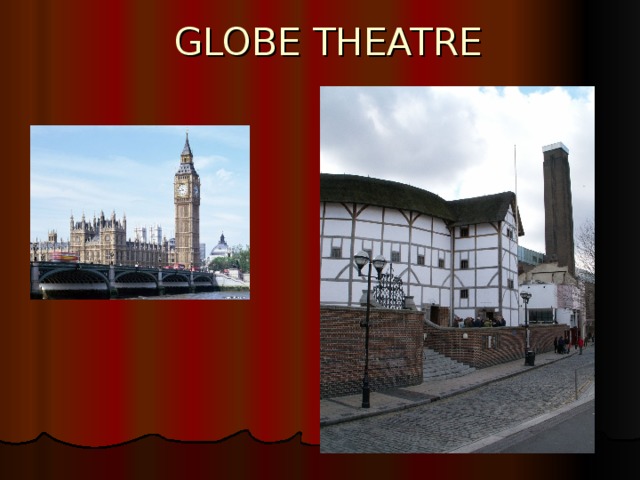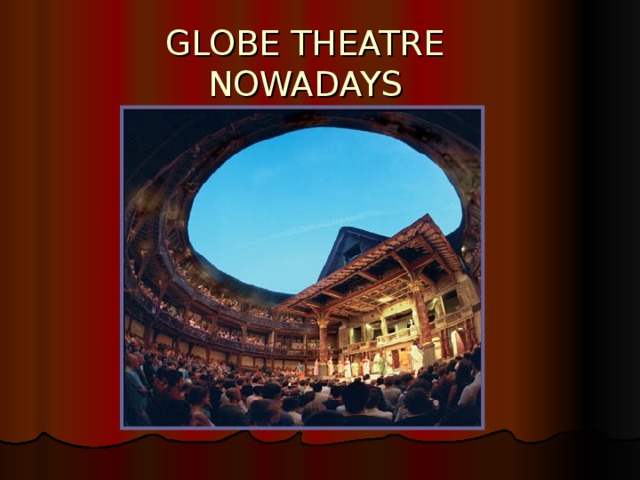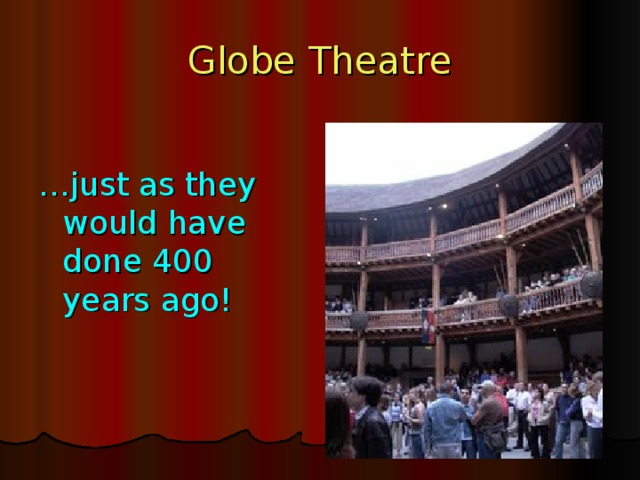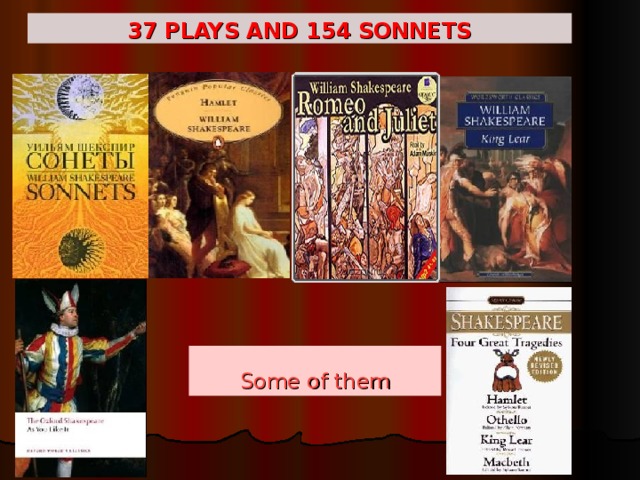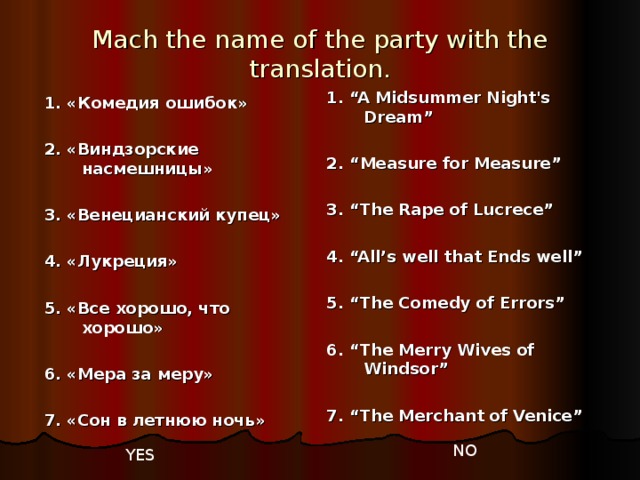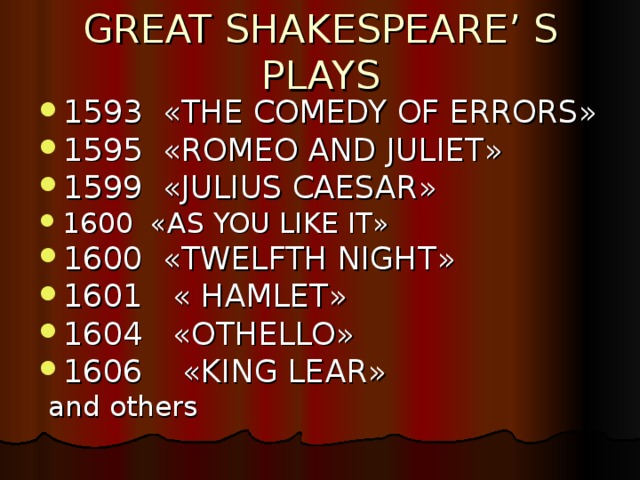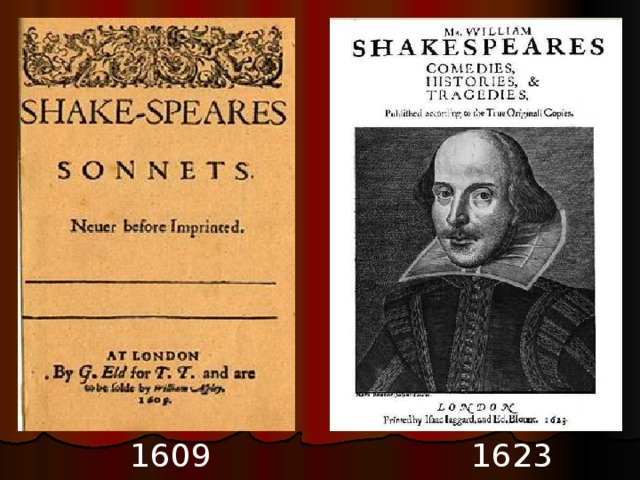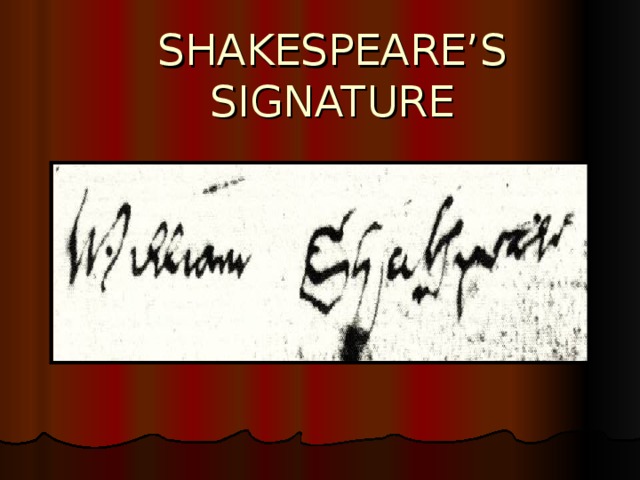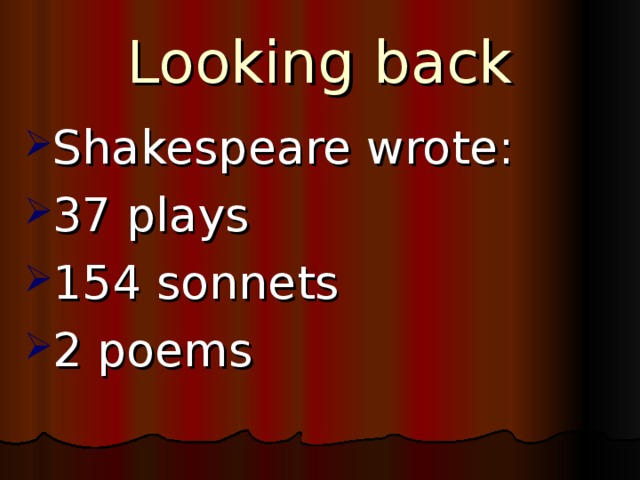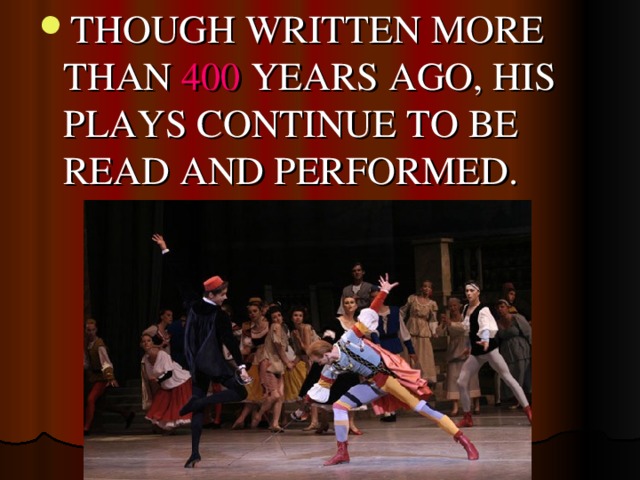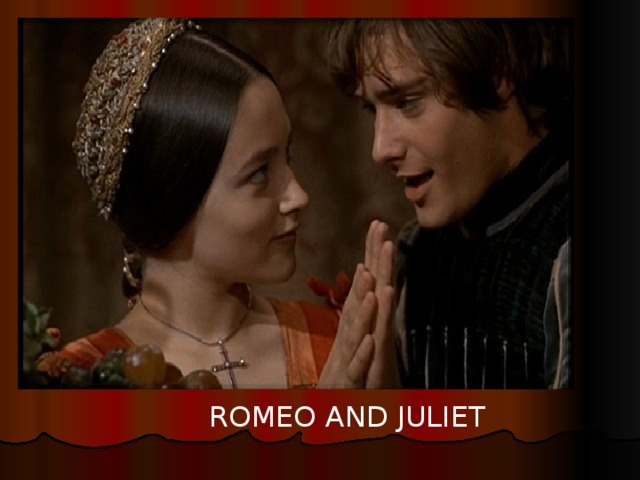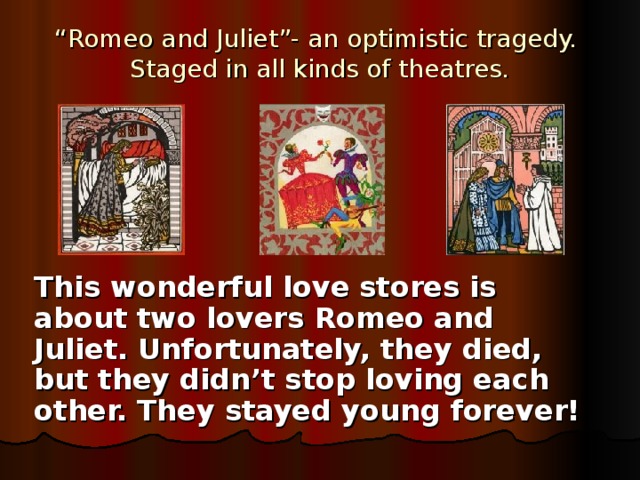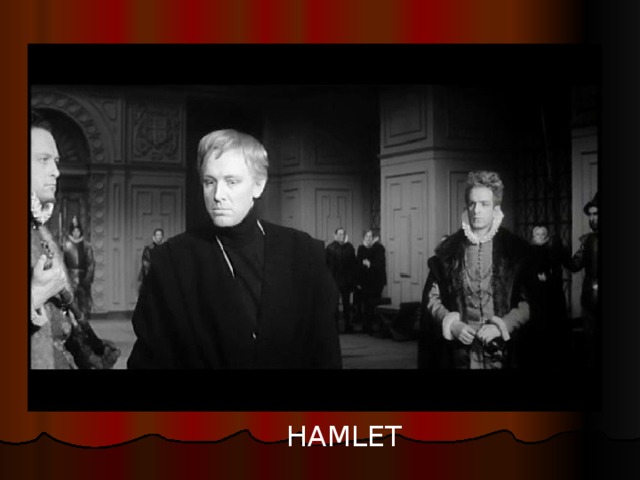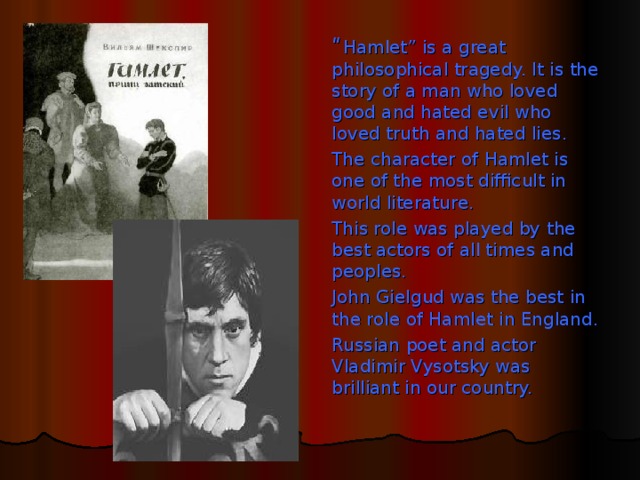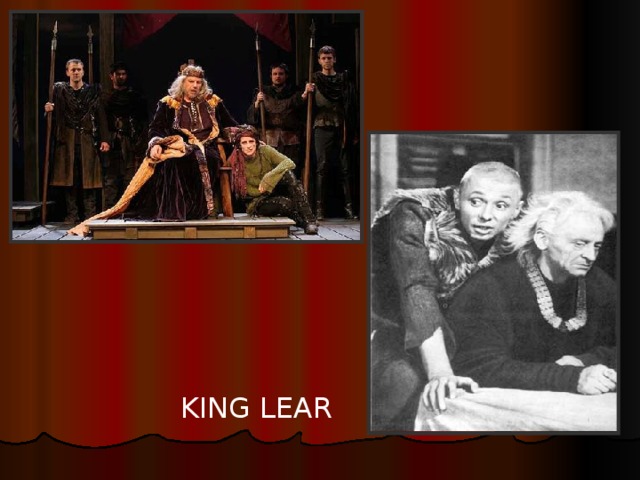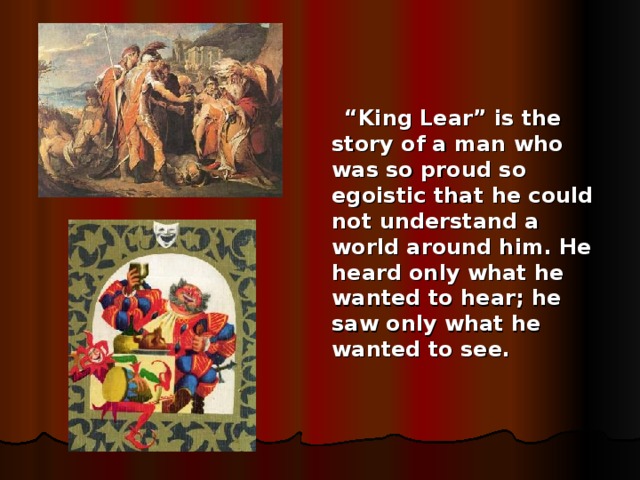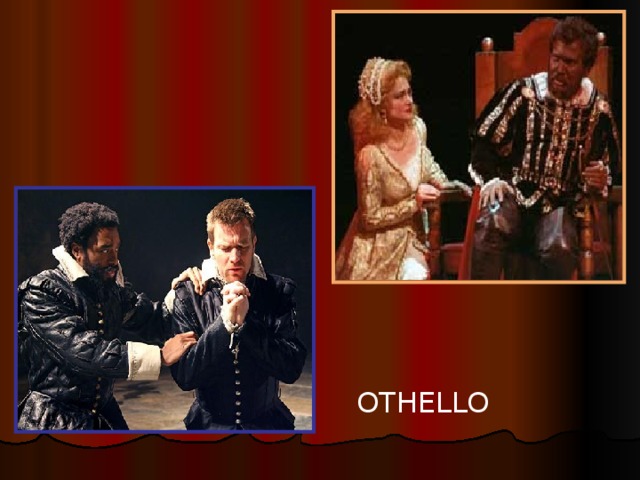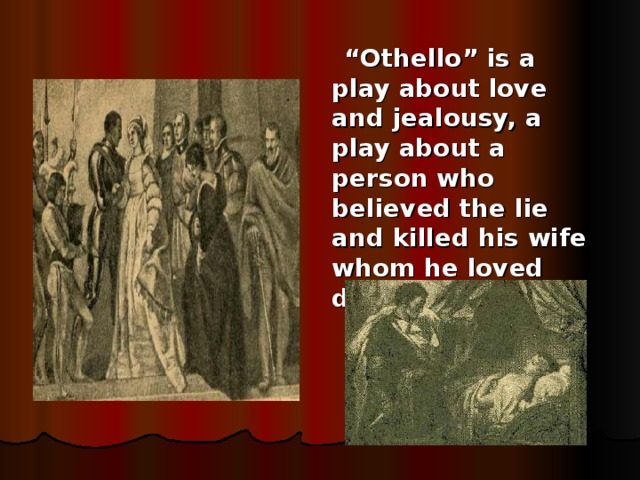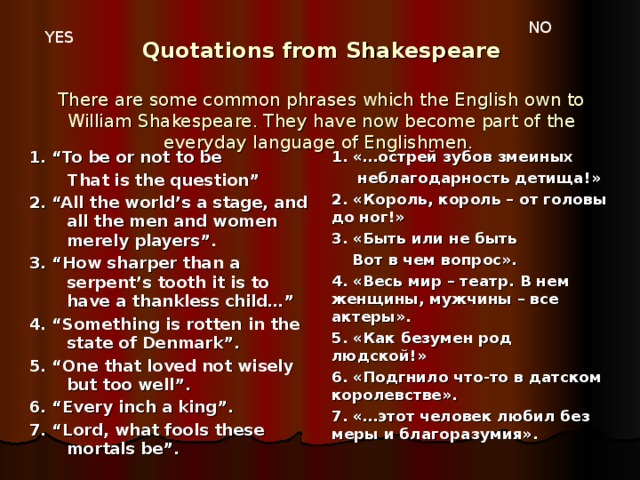Конспект урока: «Жизнь и творчество Вильяма Шекспира»
Учитель английского языка : Братковская Яна Валериевна
Тип урока: урок изучения и применения знаний и умений, урок – презентация.
Цели:
Материалы: портреты и произведения Шекспира, видеофильмы, плакаты с цитатами о Шекспире, компьютерные презентации, раздаточный материал, аудиозаписи сонетов Шекспира.
Плакаты с цитатами о Шекспире
”He was the man who of all modern, and perhaps ancient poets, had the largest and most comprehensive soul.”
John Dryden
”He was not of an age, but for all time.”
Ben Jonson
”The stream of time, which is continually washing the dissoluble fabrics of other poets, passes without injury by the adamant of Shakespeare.”
Samuel Johnson
”But Shakespeare’s magic could not copied be; within that circle none durst walk but he.”
John Dryden.
ХОД УРОКА
I. Организационное начало урока.
1. Приветствие
Sometimes we say hello
Because the bell has rung
It’s time to say good morning
Good morning, children, hi!
How are you today? Is anybody absent today? Nobody is absent? It’s good!
2. Сообщение цели. Постановка учебных задач урока.
Today we are going to speak about one of the greatest English poet William Shakespeare. It is impossible to speak about the English literature without speaking about this author. He was the man who had the largest and most comprehensive soul. People all over the world can’t help admiring his great talent. William Shakespeare… The brilliant poet, the marvelous dramatist, the greatest of the great. Every new generation of people find in his works something important. Many people know and like his works.
So, the topic is (спрашивает у детей и пишет на доске) “William Shakespeare: life and creative work”.
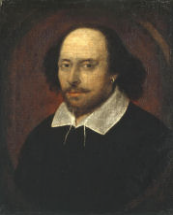
Today we’ll watch a short film about Shakespeare’s life and recite some of his sonnets. I hope all of you will take an active part in it. And now look at the screen. "He was not of an age but for all time" - these words were said by Benjamin Jonson, a playwriter and a good Shakespeare’s friend. It will be the epigraph of our lesson.

Now I’ll give you sheets of paper with the text and questions, look through them and be ready to answer them at the end of the lesson. You can makes notes on them.
3. Речевая разминка. Фронтальная беседа о поэте.
T: Would you mind answering some questions:
Who is it? – It’s William Shakespeare. – Thank you.
What is he? – He is a poet, a writer, a dramatist. – Right.
What language did William Shakespeare speak? – He spoke English.
Is he an English or an American poet? – He is an English poet. – Good.
Shakespeare was a great English dramatist, wasn’t he? – Yes, he was.
II. Основная часть урока
Развитие навыков аудирования.
T: Let’s watch the film about Shakespeare’s life. (просмотр видеоролика)
Т: Now answer my questions
1. When and where was he born?
2. What was his family? How large was it?
3. What education did he get?
4. When and why did he arrive to London?
5. Name the most famous works of William Shakespeare.
6. Are his woks popular today and why?
2. Развитие навыков монологической речи
Т: Two weeks ago you got a task to prepare reports about William Shakespeare, his life in Strartford-on-Avon, the Globe theatre and his works. Now we’d like to see the results of your work.
Pupil 1: Shakespeare is the founder of the English literary language.
During our project work we investigated many facts from Shakespeare's life and creative work and came to a conclusion that he must be called the father or the founder of the English literary language, as Pushkin is in Russia.
Pupil 2: The name of William Shakespeare is known all over the world. The last half of the 16th and the beginning of the 17th centuries are known as the Golden Age of English Renaissance and sometimes are called “The Age of Shakespeare”. His creative work is the highest peek of the English Renaissance. His influence on the further development of the world literature is considered to be unprecedented
Pupil 3: People often call Sh. “Our National Bard”, “The Immortal Poet of Nature”. We really know few facts of his life and many of them are doubtful. But some facts are known to us and are proved by documents.
Shakespeare put a question in front of the mankind: "To be or not to be?", but he didn't give an answer himself. He made everybody seek the answer independently. He is a genius creator and one of the most mysterious writers in the world.
Pupil 4: The first fact of Sh`s biography are that he was born on April 23, 1564 in Stratford-on-Avon. His father, John Shakespeare, dealt in corn, malt, leather, hides and wool, and became so prominent in local affairs at Stratford-upon-Avon that he was made the mayor. William was the third child of the family. Life must have been pleasant for him during the days of his father's prosperity.
Pupil 5: When Shakespeare was 17, his father's fortune took a downward turn, and the family began to run into debt. A year later William was married.
About 1587 Shakespeare left Stratford. He attracted to the company of poets and actors, and by 1592 had made enough of an impact on the capital to attract enemies as well as friends. By 1599 he was part-owner of a new playhouse called the Globe.

The original Globe Theatre
Pupil 6: Shakespeare spent the greater part of his life in London, though he paid regular visits to his home. His adult career was a happy one. During 20 astonishingly creative years, Shakespeare's output was enormous. His works can be divided into 4 main phases: his literary work, closing in 1594, resulted in the two long poems, "Venus and Adonis" and "The Rape of Lucrece", historical dramas such as Henry VI and Richard III, the tragedy of "Romeo and Juliet" and such comedies as "Comedy of Errors" and "The Taming of the Shrew". In the second phase, 1594-1599, Shakespeare wrote three of his greatest historical plays — "Henry V" and "Henry IV" and the comedies "Much Ado About Nothing" and "As You Like It". The third period was the period of his great tragedies "Hamlet", "Othello", "Macbeth", "King Lear" and "Anthony and Cleopatra".
Pupil 7: About 1611, Shakespeare decided to retire to Stratford. He paid off the family debts, and on April 23, 1616, at the age of 52, he died. As his legacy to mankind he left the fruits of his creative years; 37 plays, 2 long narrative poems and his incomparable sonnets.
Pupil 8: Fun fact: William Shakespeare was the only member of his family that could read or write!
T: Thank you, my dear friend. It was so interesting.
III.Беседа о произведениях В. Шекспира.

1.T:You know that Shakespeare wrote 37 plays for the theatre: tragedies and comedies. A tragedy is a serious play that ends sadly, especially with the death of the main character. For example, "Romeo and Juliet" is one of the best-known Shakespeare's tragedies.
A comedy is a play intended to entertain people and make them laugh. Look at the list of Shakespeare's great plays. Students, look at the screen. This is a list of some of Shakespeare's great plays. The task is to translate the names of these plays into English. Ok, you are quite right. Good for you. And now guess which of them are tragedies and which are comedies.
Comedies:
«The Comedy of Errors» (1593)
«All’s Well that Ends Well» (1603)
«A Midsummer Night’s Dream» (1596)
«Twelfth Night» (1600)
"The Taming of the Shrew" 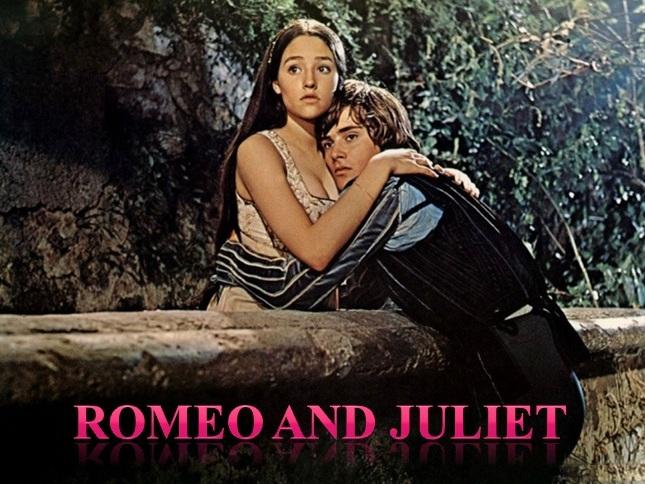
"Much Ado about Nothing"
Tragedies:
«Hamlet, Prince of Denmark» (1601)
«Othello» (1604)
«King Lear» (1606)
«Romeo and Juliet» (1595)
"Macbeth"
"Julius Caesar"
"Antony and Cleopatra"
2. T: We know that Shakespeare wrote 154 sonnets. They all are very popular and loved by people. All of them were translated into different languages. Many of Shakespeare’s sonnets have been translated into Russian by S. Marshak, a well-known Russian poet. Marshak gave them a new life and a place in Russian poetry. The next task: I’ll give you the lines from the sonnet #130; you are to put them in order to make the whole sonnet. The Russia variant will help you. Now let`s listen to the sonnets which you have learned. Thank you for your answers.
IV. Этап релаксации 
Ученики выполняют упражнения для глаз и улучшают кровообращение в области глаз. I think your eyes are tired let’s have a rest now. I want you to do some exercises for your eyes relaxation.
Look left, right
Look up, look down
Look around.
Look at your nose
Look at that rose
Close your eyes
Open, wink and smile.
V.Работа с известными выражениями из произведений Шекспира.
Т: “To be, or not to be; that is the question” This quotation is known to everybody, but there are a lot of other famous quotations and interesting expressions from Shakespeare’s plays. Let us translate them into Russian.
The beginning of the end. — Начало конца.
The whirligig of time. — Превратности судьбы.
There’s the rub. — Вот в чем загвоздка.
All is well that ends well. — Все хорошо, что хорошо кончается.
Life is not all cakes and ale. — Жизнь прожить — не поле перейти.
Much ado about nothing. — Много шума из ничего.
Sweets to the sweet. — Прекрасное — прекрасной.
To win golden opinions. — Заслужить благоприятное мнение.
All the world’s a stage and all the men and women merely players. — Весь мир театр и люди в нём актёры.
VI.Чтение сонетов Шекспира
VII. Задание на рабочих листах
VIII. Подведение итогов урока. Выставление оценок.
T: Finally, let’s draw the conclusion. People can’t help admiring Shakespeare’s great talent. Complete my sentences, please: William Shakespeare is ….the brilliant poet; the marvelous… dramatist; the most comprehensive…soul; the greatest of the greatest not of an age… but for all time.
T: Thank you for your wonderful work. You are very talented and creative children. I am very proud of you and sure that you will become really confident and inquiring people. Without doubt everyone today gets excellent marks. But we are not going to say good bye to Shakespeare. Your home task is to read the text “Romeo and Juliette” and answer the questions after the text. Good bye. See you tomorrow. (домашнее задание на выбор из папки с рабочими листами)
Sometimes we say good-bye
Because the bell has rung
It’s time to say good-bye
Good-bye, my children, bye.
Finally, let’s draw the conclusion. People can’t help admiring Shakespeare’s great talent. Complete my sentences, please: William Shakespeare is ….the brilliant poet; the marvelous… dramatist; the most comprehensive…soul; the greatest of the greatest not of an age… but for all time.






